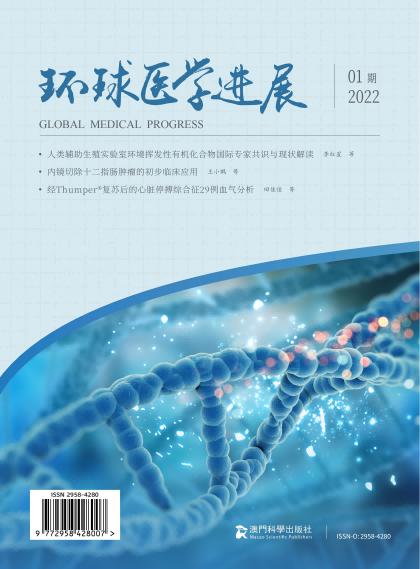摘 要:
目的:胚胎发育是一个非常复杂和精细调控的过程,胚胎培养不仅需要良好的培养液体系,而且依赖于体外受精实验室整个空气环境。2017年开罗国际辅助生育技术专家会议就实验室空气质量的技术和操作等方面达成数十项共识,涉及辅助生殖实验室选址、新建设施的设计标准、实验室调试、挥发性有机化合物持续管理等方面,为现有实验室提供了标杆,为新建实验室提供了指引。我们针对人类辅助生殖实验室环境挥发性有机化合物国际专家共识与我国现状,对实验室污染物(挥发性有机化合物)是否影响以及如何影响卵母细胞受精和胚胎发育的文献进行检索,总结实验室挥发性有机化合物类型、来源、可能造成的有害影响以及环境质量控制。不同类型挥发性有机化合物可能会影响细胞结构和细胞通讯,改变特定基因表达,并使其更容易受到遗传突变的影响。同时,挥发性有机化合物对卵母细胞受精、囊胚发育、孵化和着床等方面的可能存在不良影响,这些不良影响与临床结果呈负相关。
关键字:挥发性有机化合物;质量控制;胚胎发育
Abstract:
Objectives: Embryo development is a very complex and finely regulated process. Embryo culture not only requires a good culture medium system, but also depends on the entire air environment of the in vitro fertilization laboratory. In 2017, the Cairo International Expert Meeting on assisted Reproductive Technology reached dozens of conssions on the technical and operation aspects of laboratory air quality, including the location of assisted reproductive laboratories, the design standards of new facilities, laboratory commissioning, and the continuous management of volatile organic compounds, which provided a reference for existing laboratories and guidance for new laboratories. Based on the international expert consensus on volatile organic compounds in human assisted reproductive laboratory environment and the current situation in China, we searched the literature on whether and how the laboratory pollutants (volatile organic compounds) affect oocyte fertilization and embryo development, and summarized the types, sources, possible harmful effects and environmental quality control of volatile organic compounds in laboratory. Different types of vocs may affect cellular structure and cell communication, alter specific gene expression, and make them more susceptible to genetic mutations. At the same time, volatile organic compounds may have adverse effects on oocyte fertilization, blastocyst development, hatching and implantation, which are negatively correlated with clinical outcomes.
Keywords: Volatile organic compounds; Quality control; Development of embryos
--
